Autophagy is a vital process in which cells independently “clean out” unnecessary or damaged components. Literally “Auto” means self, and “phages” means to eat. Thus, this term means – “self-eating”. Or, somewhat differently, it is called “self-devouring”. Scientists associate it with both positive and negative effects on health.
In 2016, Japanese biologist Yoshinori Ohsumi was awarded the Nobel Prize in Physiology or Medicine for his discovery and research into the mechanisms of autophagy. Ohsumi proved that autophagy is a programmed process encoded in the genome. And although the study of cellular self-purification is in its early stages, scientists are trying to figure out what effect it can have on the human body.
The human body is made up of trillions of cells, in which, over time, toxic substances accumulate, damaging and hindering their work. In 2015, in an article published on the Nature portal, scientists explained that from time to time, cells independently get rid of their own dysfunctional parts, destroying them, or recycling them into new components. The process was named “autophagy” (from the Greek word for “self-eating”).
Effects of autophagy on health
Scientists associate autophagy with various health effects, but the cellular process is so complex that it is too early to draw any definite conclusions.
In a recent study, physicians, considering the effect of autophagy on the course of already diagnosed cancer, found that, depending on the stage of tumor development, the process of “self-cleaning” can both stop the growth of aggressive cells and stimulate it.
At the same time, after studying the effect of autophagy on liver diseases such as drug and alcohol damage, Wilson-Konovalov disease, and acute hepatitis, scientists unequivocally spoke in favor of stimulating the autophagy process as a way to treat these conditions.
Evidence has been obtained that the process of self-cleaning of cells improves the prognosis of the course of infectious and neurodegenerative diseases, such as Alzheimer’s, Parkinson’s, or Huntington’s, by suppressing inflammation. In addition, autophagy enhances the body’s immune response by ridding the body of harmful toxins.
Nevertheless, although there are currently many results of studies on the influence of this natural regeneration process on the state of the cell, most of them were carried out in vitro or in vivo (in vitro or in rodents).
How to start the process yourself?
The process of self-purification of cells in the body starts in a natural way. However, after numerous publications about its health benefits, many healthy lifestyle enthusiasts began to wonder if a person can independently stimulate cellular autophagy?
Usually, in natural conditions, this happens while we sleep, because at this time we do not eat, that is, we fast. Doctors also recommend fasting once a week. This approach is consistent with a healthy lifestyle and can help increase life expectancy.
Yoshinori Ohsumi, like many other physiologists, considers short-term fasting to be the most effective trigger for autophagy. This is also confirmed by studies that have been especially active in the past few years.
Intermittent fasting or a short-term strict diet exposes the cells of the body to stress, in which the body must work especially efficiently. Responding to calls, cells are forced to dispose of their “ballast” in the form of damaged parts. This does not necessarily have to do with fat cells, which we need in the same way as others, but applies to any damaged cells, including neurons (brain cells).
The bottom line is that cells that are deprived of nutrition begin to eat themselves and, first of all, destroy the extra elements. Thus, these extra elements can no longer have a negative impact on human health.
There are various experimental models of intermittent fasting, the application of which to laboratory animals led to improved cognitive functions, delayed aging processes, and the probable anti-inflammatory effect of this type of nutrition has also been demonstrated. There has also been an increase in the diversity of the gut microbiota following Ramadan, which can be seen as a model of intermittent fasting. Further discoveries in this area could significantly change our understanding of a healthy lifestyle.
Other possible pathways of autophagy
There are several ways to activate the autophagy process in the body. This will help cleanse your cells and reduce inflammation, as well as keep your body in top shape as a whole.
Physical exercises
Additional physical activity also puts stress on the cells of the body.
To start the autophagy process, you will need to regularly receive serious enough loads. The usual light exercise is not suitable in this case. The fact is that for proper cell renewal, they must first be damaged, and then recover – this is the first thing. And the second point is that toxins and other excess substances are removed from the body along with sweat, so you will have to, at least, do a good job.
With all this, do not forget that at the time you start training, you must be healthy. In general, using any technique, always rely on the current state of your body so as not to harm it instead of benefit.
Curcumin
Scientists speculate that the chemical curcumin, which is found in the root of the popular seasoning turmeric, may stimulate autophagy.
In one animal study, doctors found that curcumin-induced cell self-cleaning could protect the body from diabetic cardiomyopathy, a heart muscle disorder that often affects people with diabetes.
Other experiments have shown curcumin’s effectiveness in combating chemotherapy-induced cognitive impairment by stimulating autophagy in certain areas of the brain.
While these preliminary results are encouraging, it is important to note that more research is needed before scientists can draw concrete conclusions about the effects on the human body.
Risks and side effects
The risks of natural autophagy and possible negative consequences should be distinguished from attempts to stimulate it.
We have already said above that in a number of conditions, autophagy is far from always useful. Excessive “self-cleaning” of cells can lead to the death of cardiomyocytes (heart cells), which is scientifically proven. Moreover, inhibition (suppression) of autophagy inhibited the development of tumors and improved the response to cancer treatment in laboratory mice. According to scientists, autophagy plays an ambiguous role in cancer, and at the moment, it is not possible to identify which of the patients can benefit from this process, and which is harmful.
Conclusion
Autophagy as part of the metabolic process is an important and natural process of cellular self-renewal by which the body gets rid of damaged and “ballast” particles. In other words, over time, “garbage” accumulates in every cell of our body, and autophagy promotes its processing and, as a result, cleansing and rejuvenating the body.
If you are still wondering why you need all this, then again remember that people who prefer a healthy diet and lead an active lifestyle have a much longer life expectancy than those who prefer complex dishes.
However, depending on the conditions, there is evidence of both positive and negative health effects. While research shows that calorie restriction, exercise, and curcumin consumption can stimulate the initiation of cell self-renewal, most have been done in animals. At the moment, scientists do not have a complete picture of the implications of this natural cellular mechanism for human health.

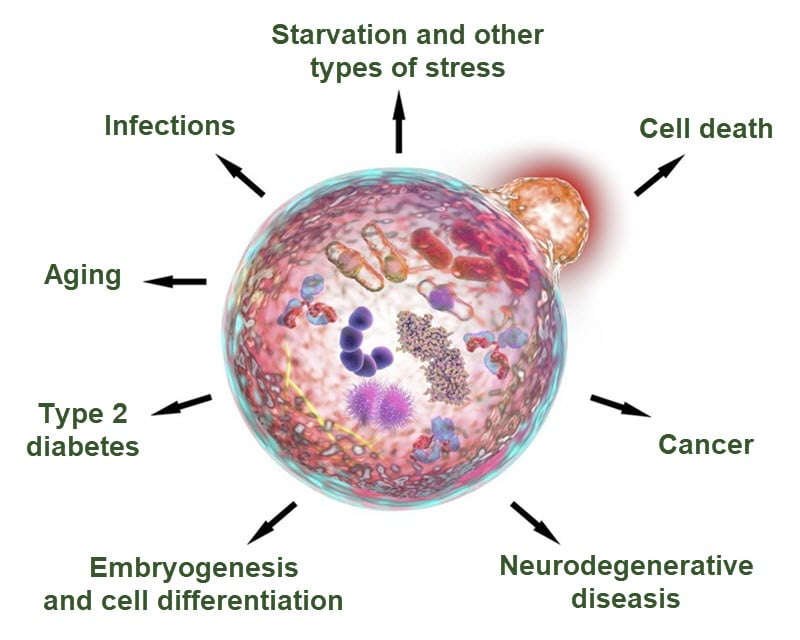
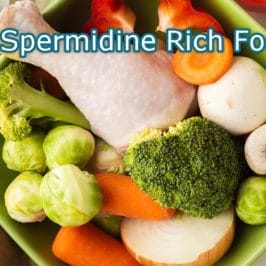
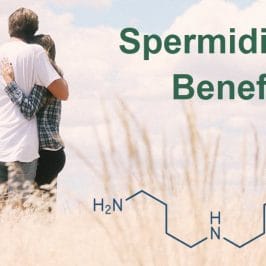
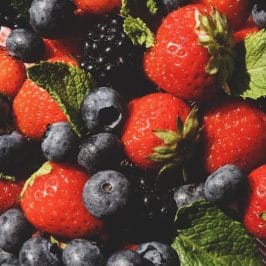
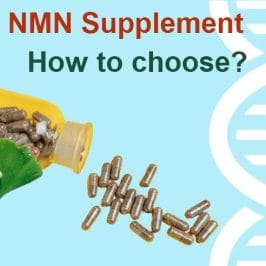
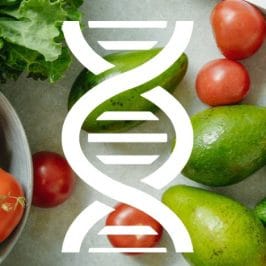

Leave a Reply